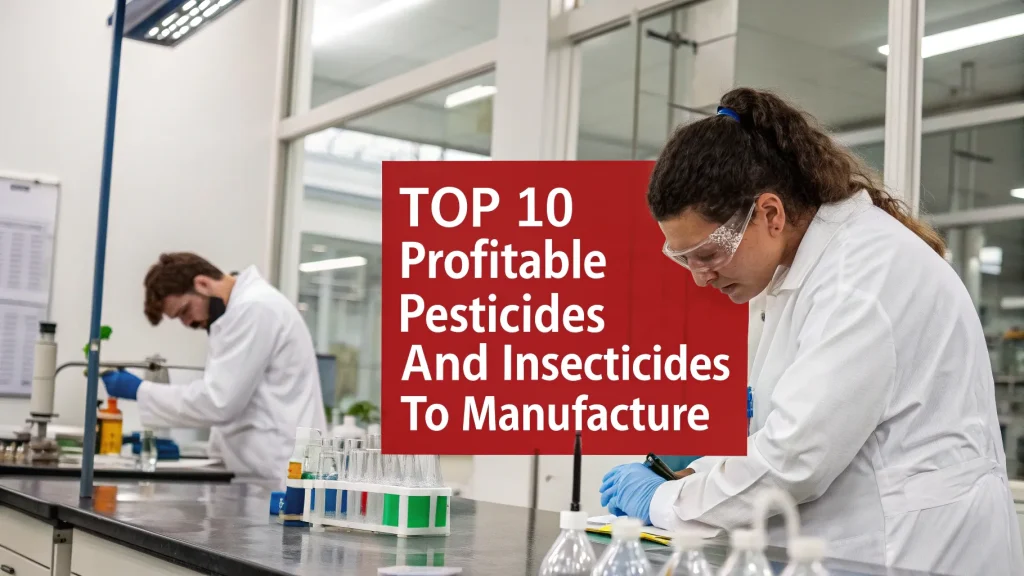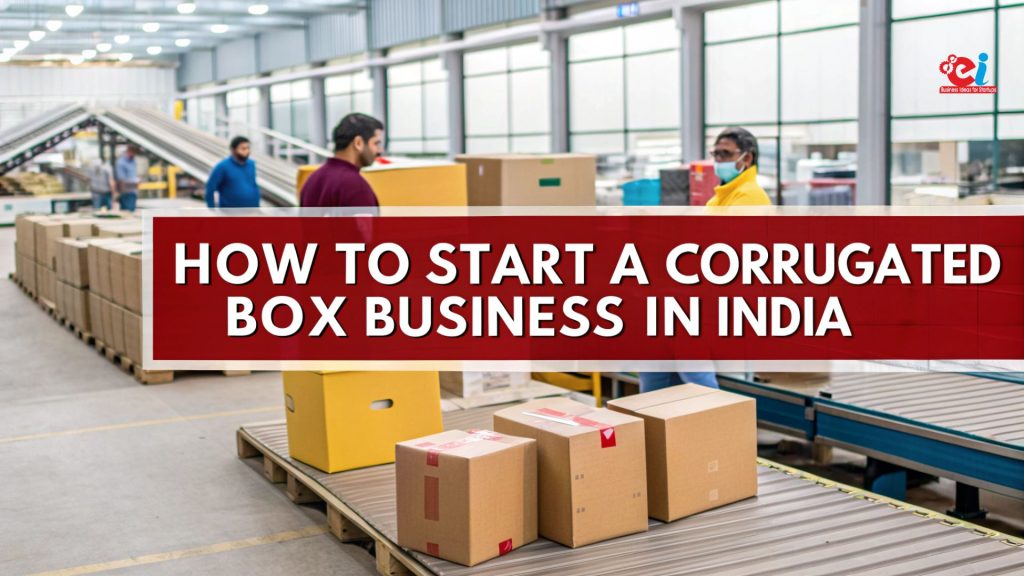Starting a Country Liquor bottling plant in India can be a highly profitable venture, especially in rural and semi-urban regions where demand for low-cost alcoholic beverages remains consistent. The business has gained immense popularity due to its comparatively low production costs, simple process, and high margins. However, due to the sensitive nature of the alcohol industry, it requires strict compliance with state laws and guidelines. If you’re planning to enter the Country Liquor business, this guide will walk you through all the key steps—from regulatory compliance to machinery setup and marketing strategies.
Understanding the Basics of the Country Liquor Industry
Country Liquor, also known as Desi Daru or local liquor, is distilled in rural distilleries using molasses, grains, or fruits. It caters to the lower-income segment of the population and is governed strictly by excise laws specific to each state. The consumption of Country Liquor is legal in many Indian states and is a significant source of revenue for state governments through excise duties and taxes.
Market Potential
The demand for Country Liquor is robust in tier 2 and tier 3 cities and rural belts. According to market reports, India’s alcoholic beverage market is growing at a CAGR of more than 7%, with country liquor accounting for nearly 30–40% of total volume consumption. Given the lower price point, the product sees consistent demand regardless of economic fluctuations, making it recession-resistant.
Legal and Licensing Requirements
Starting a Country Liquor bottling plant is not as straightforward as other manufacturing units. You must first ensure compliance with the excise policy of your state. Here are the necessary legal steps:
- Excise License: This is the most critical document, issued by the State Excise Department. The rules differ from state to state.
- Company Registration: Register your firm as an LLP, Private Limited Company, or Partnership.
- Environmental Clearance: Obtain NOC from the Pollution Control Board.
- Factory License: Issued under the Factories Act by the local inspectorate.
- FSSAI License (optional): Though not mandatory for alcohol, it’s good to maintain hygiene and quality standards.
- Trademark Registration: To protect your product branding and packaging design.
Hiring a legal expert familiar with liquor laws in your state is highly advisable to navigate this complex framework.
Location and Land Requirements
Setting up a Country Liquor bottling plant requires substantial land depending on the production capacity. For a small to medium-sized unit:
- Minimum Land: 1–2 acres
- Preferable Location: Industrial zone, away from residential areas
- Infrastructure Needs: Access to water, electricity, and transportation
Choosing a strategic location closer to your target market can reduce distribution costs and increase profitability.
Plant Setup and Machinery
The plant’s setup involves two major sections: bottling and packaging. Here is a basic list of machinery and equipment required:
- Fermentation Tanks
- Distillation Unit
- Storage Tanks
- Bottle Washing Machine
- Filling Machine
- Capping Machine
- Labeling Machine
- Packing Conveyor
For a plant producing around 10,000 liters/day, the machinery investment can range between ?1.5 crore to ?3 crore depending on the level of automation and quality.
Raw Material Sourcing
The primary raw materials for Country Liquor production are:
- Molasses: A byproduct of sugar manufacturing
- Water: Clean and filtered for mixing
- Yeast: For fermentation
- Grains (optional): Some states allow grain-based spirits
- Glass/Plastic Bottles: Depending on state regulation
- Caps, Labels, and Cartons: For bottling and packaging
Securing long-term contracts with molasses suppliers can reduce costs and ensure a consistent supply.
Workforce and Staffing
Manpower requirement depends on the scale of your operation. For a mid-sized unit, you may need:
- Plant Manager
- Quality Control Officers
- Machine Operators
- Packaging Workers
- Administrative and Sales Staff
- Legal Compliance Officer
Training your staff in hygiene, safety, and regulatory standards is crucial for long-term success.
Production Process
The standard process flow in a Country Liquor bottling plant involves:
- Fermentation: Molasses is diluted with water and mixed with yeast for fermentation.
- Distillation: The fermented mixture is distilled to extract the alcohol content.
- Dilution & Flavoring: Alcohol is diluted to desired strength and flavored (if permitted).
- Bottling: The liquid is filled into cleaned and sterilized bottles.
- Capping and Labeling: Bottles are sealed, labeled, and date-coded.
- Packaging: Bottles are packed in cartons for dispatch.
Each batch must go through quality testing before bottling to ensure compliance with excise standards.
Branding and Packaging
Branding plays a crucial role even in the Country Liquor market. Attractive bottle designs, clear labeling, and catchy brand names help in gaining customer attention. Most states have restrictions on advertising liquor products, so you must rely on:
- Point-of-Sale Promotions
- Word of Mouth
- Dealer Incentives
- Innovative Packaging
Invest in anti-counterfeit labeling and tamper-proof seals to maintain brand credibility and reduce market duplication.
Distribution and Sales
Distribution of Country Liquor is largely controlled by government depots and licensed retailers. You must register with your state’s excise department to be part of the supply chain.
- Wholesale License: Required to supply liquor to retail shops.
- Transport Permit: For moving liquor across zones or districts.
- Bonded Warehouse: In some states, this is mandatory for stock storage.
Working closely with government-run liquor corporations or agencies is key to ensuring stable sales and market access.
Cost and Profitability Analysis
Let’s assume you’re setting up a plant with a 10,000-liter/day capacity. Here’s a rough investment and earnings breakdown:
- Land & Building: ?1 crore
- Machinery: ?2 crore
- Licenses & Legal: ?20–30 lakhs
- Working Capital: ?50 lakhs–?1 crore
- Total Initial Investment: ?4–5 crore
Monthly Revenue Estimation:
- Selling Price/Liter: ?100 (approx)
- Daily Sales: ?10 lakhs
- Monthly Sales: ?3 crore
After subtracting production and operational costs (~60–65%), net monthly profit could range from ?80 lakhs to ?1 crore depending on scale and efficiency. Break-even may occur within 12–18 months.
Challenges and Risk Factors
While the Country Liquor business offers high ROI, it also comes with several risks:
- Legal hurdles and policy changes
- High taxation and excise duties
- Risk of black-market duplication
- Social and ethical concerns
- Seasonal demand variations
Establishing a robust compliance and audit system is vital to mitigating legal and financial risks.
Sustainability and Social Responsibility
In today’s business environment, sustainability and ethical responsibility are important. To ensure your Country Liquor plant aligns with global standards:
- Use water recycling systems
- Treat effluents before discharge
- Promote responsible drinking through community programs
- Avoid child labor and ensure fair wages
Sustainable practices not only protect the environment but also boost your brand image and credibility.
Conclusion
Setting up a Country Liquor bottling plant in India is a lucrative opportunity for entrepreneurs ready to navigate a highly regulated but rewarding industry. With proper planning, legal compliance, quality assurance, and distribution management, your venture can achieve strong financial growth and sustainable success. Focus on building a trustworthy brand and invest in efficient operations to gain a competitive edge in the ever-growing rural and semi-urban liquor market.
If you’re serious about entering the Country Liquor business, take the first step by consulting with legal experts and preparing a comprehensive business plan. The right foundation today will pave the way for a thriving enterprise tomorrow.
Visit the page Select and Choose the Right Business Startup for You for sorting out the questions arising in your mind before starting any business and know which start-up you can plan. We, at NPCS, endeavor to make business selection a simple and convenient step for any entrepreneur/startup. Our expert team, by capitalizing on its dexterity and decade’s long experience in the field, has created a list of profitable ventures for entrepreneurs who wish to diversify or venture. The list so mentioned is updated regularly to give you a regular dose of new emerging opportunities.




